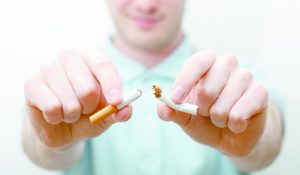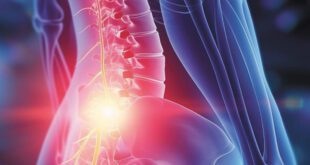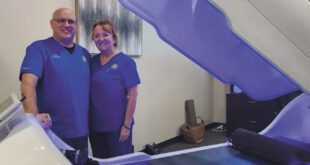 It’s that time of year again, where we all make those perpetual New Year’s resolutions. Along with the normal, lets get fit and lose weight mantra, its important for people to seriously take their heart into consideration.
It’s that time of year again, where we all make those perpetual New Year’s resolutions. Along with the normal, lets get fit and lose weight mantra, its important for people to seriously take their heart into consideration.
Along with a good nutrient dense diet and regular exercise, stopping smoking should be your number one priority for 2017, if you or someone you love is a smoker.
Most people are familiar with the negative affects that smoking has on your lungs and the increase in cancer related diseases, but often times they are unaware, or less concerned with the damage that smoking does to your heart.
Smoking cigarettes and other forms of tobacco causes toxic chemicals to enter your lungs and travel throughout your body. All smoking affects your heart negatively and causes damage. But the good news is, no matter how long or how much you’ve smoked, quitting will benefit you immensely. It’s never too late to stop smoking.
Smoking correlates to the heart and vascular issues following:
• Causes inflammation in the arteries
• Increases heart rate
• Causes sticky plaque buildup in your arteries (both coronary & peripheral)
• Raises LDL (bad cholesterol)
• Lowers HDL (good Cholesterol)
• Blood vessel walls become stiff and damaged
• Creates abnormal heart rhythms
• Increases blood pressure
• Creates undue stress on your heart
• Causes blood to thicken
• Lowers oxygen levels in blood
The chemicals in the smoke are what cause atherosclerosis (arterial plaque). These chemicals negatively affect cholesterol levels and fibrogen levels, which is a blood-clotting agent. These disturbances can lead to stroke, aortic aneurysms, peripheral vascular disease, heart attack and abdominal aortic aneurysms just to name a few.
Realistic advice to help you quit smoking:
• Pick a date to quit
• Get rid of all tobacco & lighters
• Plan ahead. Talk to your doctor now about smoking cessation programs, treatment options and medications.
• Let your family and friends know that you’re quitting
• Find a new hobby to stay busy
• Avoid the same old routine that allowed you the convenience of smoking
• Keep track of the money you save, write it down everyday and make a tally
• At the end of each week that you continue to not smoke, treat yourself to something nice.
• Don’t give up! It’s not easy, but it’s worth it to quit.
By quitting smoking you reduce your risk of coronary heart disease, stroke and cardiovascular disease.
Statistics According to the U.S. Department of Health and Human Services:
• Within 20 minutes of quitting, your heart rate will decrease
• Within 12 hours of quitting, the carbon monoxide levels in your blood will decrease to normal
• Within 3 months of quitting, your risk of a heart attack decreases and your lungs will begin to work better
• After 1 year, your added risk of coronary artery disease is half that of someone who smokes
• After 5 years, your risk of stroke is the same as that of a nonsmoker
• After 10 years, your lung cancer death rate is about half that of someone who smokes
• After 15 years, your risk of coronary artery disease is the same as that of a nonsmoker
Dr. Thiruvallur Vallabhan is a Board Certified Cardiologist and his mission is to provide The Villages and its surrounding communities with the highest quality cardiac care in a welcoming environment. He and his staff are dedicated to fulfilling the specific cardiac needs of each patient.
This information is for educational purposes only and is not intended to replace the advice of your doctor or health care provider. We encourage you to discuss with your doctor any questions or concerns you may have.
Dr. Vallabhan
352-750-2040
Rolling Oaks Professional Park
929 N. US Highway 441, Suite 201
Lady Lake, FL 32159
Check Also
Revitalize Your Mental Health with the Theta Chamber at Keep Young Wellness Center
By Allen T. Stanley, Practitioner At the forefront of innovative wellness technology, Keep Young Wellness …
 Central Florida Health and Wellness Magazine Health and Wellness Articles of the Villages
Central Florida Health and Wellness Magazine Health and Wellness Articles of the Villages



